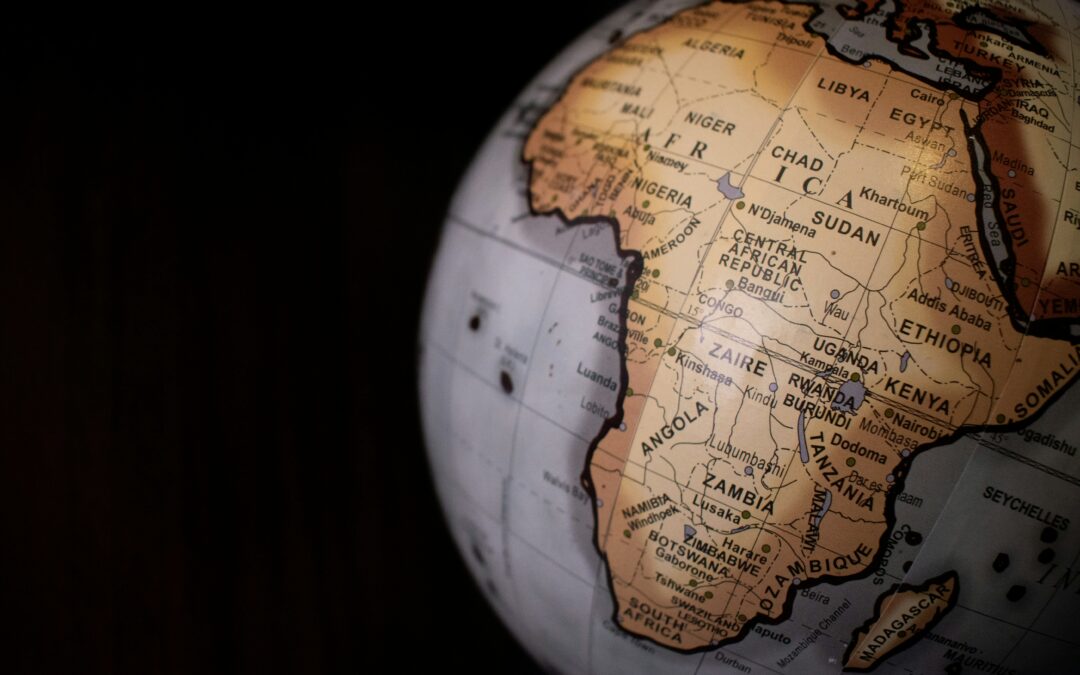Stepping onto the lively and often tumultuous soil of Congo is an experience that leaves a lasting mark on your soul. It’s a place of striking contrasts, where resilience flourishes amid adversity, and faith shines its brightest when faced with significant challenges. My time there provided a series of raw, unforgettable insights, moments that transformed my understanding of worship, leadership, hope, and the very essence of Christ.
The Symphony of Worship: God as Audience
Picture a church service where every part of you is fully engaged, not merely as a passive observer, but as an active participant in a divine narrative. In Congo, worship is not a show for an audience, but a sincere offering to God, with the congregation themselves taking on the role of performers. Their voices, deep and resonant, intertwine in complex harmonies, their bodies move with unrestrained joy, and their praises ascend like incense, free from self-consciousness. It’s a powerful reminder that genuine worship isn’t about human perfection, but rather an honest, fervent expression of the spirit.
The Paradox of Faith and Poverty: A Deepening Conflict
One of the most remarkable paradoxes I’ve observed is the harsh reality of widespread poverty coexisting in a nation where a large portion of the population identifies as Christian. This isn’t merely an intellectual observation; it’s a deeply felt conflict that pulls at your conscience. How can so many individuals profess faith in a loving God while remaining ensnared in the unyielding grip of poverty? This dissonance urges us to look beyond simple explanations and confront the intricate interplay of systemic challenges, historical burdens, and the sometimes-elusive promise of prosperity.
A Generation’s Burden: The Leadership Vacuum
The sheer youthfulness of Congo’s population is astonishing. In the lively center of its capital, the average age is a striking 17. However, this vibrant youthfulness often conceals a significant challenge: a notable leadership vacuum. Countless bright, capable young individuals are eager to make a difference, yet opportunities for guidance, mentorship, and empowerment are sadly lacking. This creates a sense of urgency, a critical need to support this emerging generation that will surely influence the future of their nation.
Glimmers of Hope: The Lobiko Initiative
Amidst the complexities, there are shining examples, initiatives that refuse to give in to despair. The Lobiko Initiative stands out as a powerful illustration of human ingenuity and compassion. They are not just providing temporary solutions; they are making a significant impact on the pervasive burden of poverty and, in the process, saving lives. Observing their efforts, whether it’s supplying clean water, promoting sustainable agriculture, or providing vocational training, inspires a deep sense of hope, demonstrating that even in the toughest circumstances, meaningful change can occur.
The Shadow of Corruption: A Crushing Reality
Yet, hope is frequently overshadowed by the widespread problem of corruption. It’s a painful truth that essential resources, meant for transformative projects, often do not reach those who need them most. This situation goes beyond mere numbers; it involves real individuals, genuine needs, and the heartbreaking consequences of misallocated funds on communities that are eager for advancement. It highlights the vital need for transparency and accountability in all initiatives aimed at delivering aid and fostering development.
The Enduring Spirit: The Congolese People
Despite their significant challenges, the spirit of the Congolese people radiates with an undeniable brilliance. At their essence, they are kind, empathetic, and incredibly hospitable. Even though they have very little, they will share their last meal, greet you with their warmest smile, and extend a heartfelt welcome that goes beyond language. Their strength, unyielding spirit, and ability to find joy amidst hardship are genuinely humbling.
Christ Among Us: A Tangible Presence
One of the most profound insights was the palpable presence of Jesus among the poor. It was not merely a theological concept; it was a tangible reality. In the dusty villages, bustling markets, and modest homes, the spirit of Christ felt more intimately present and more deeply understood than in many of the more privileged areas of society. This served as a powerful reminder that God’s love is most vibrant among those who are marginalized, suffering, and in dire need of solace and kindness.
My journey through Congo was a rich tapestry interlaced with both heartbreak and profound inspiration. It served as a stark reminder of the worldwide challenges we encounter, yet it also stood as a lively testament to the resilient human spirit and the steadfast presence of hope.
What parts of these reflections resonated the most with you, or what additional facets of the Congo would you like to explore further?
Photo by James Wiseman on Unsplash

